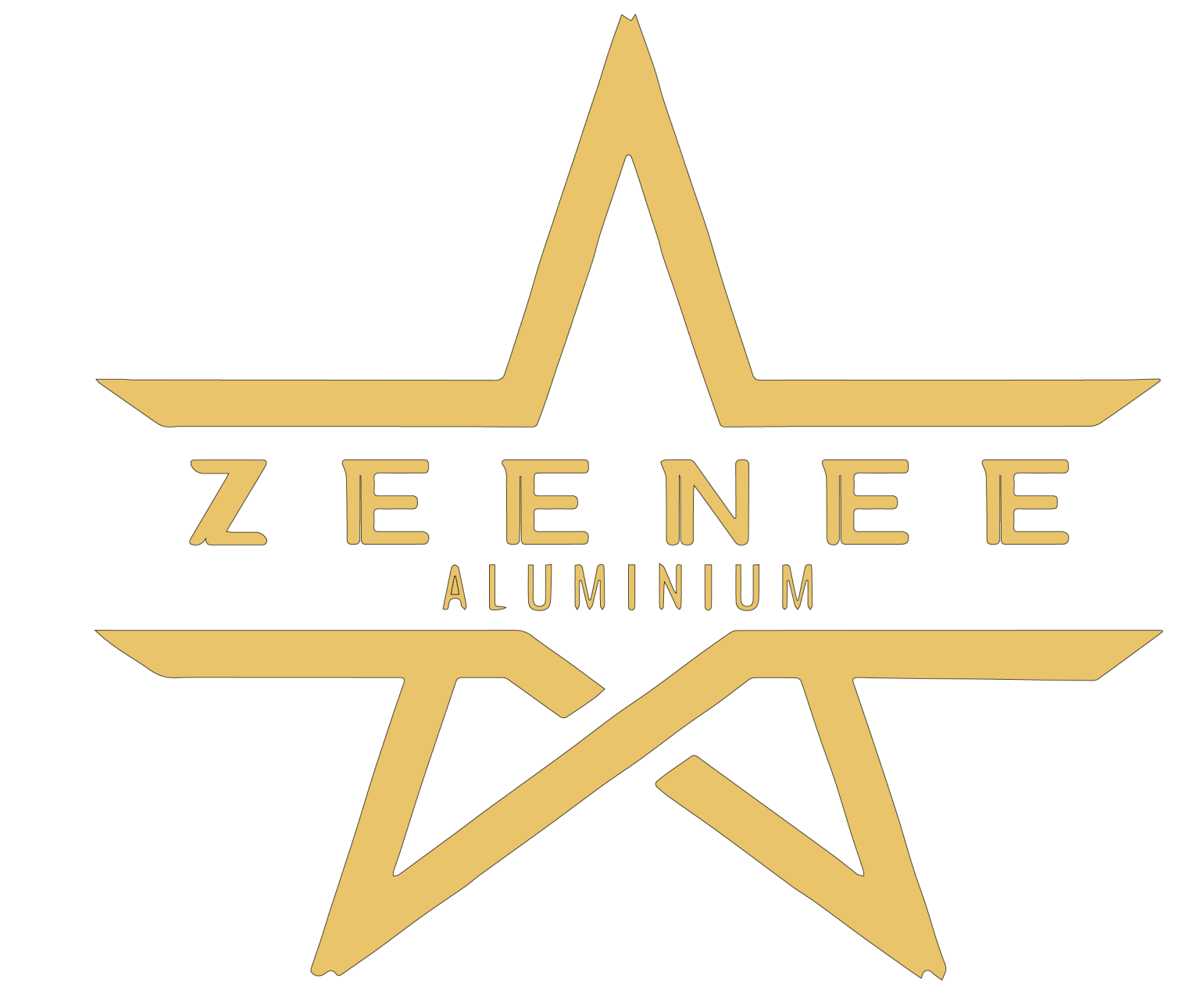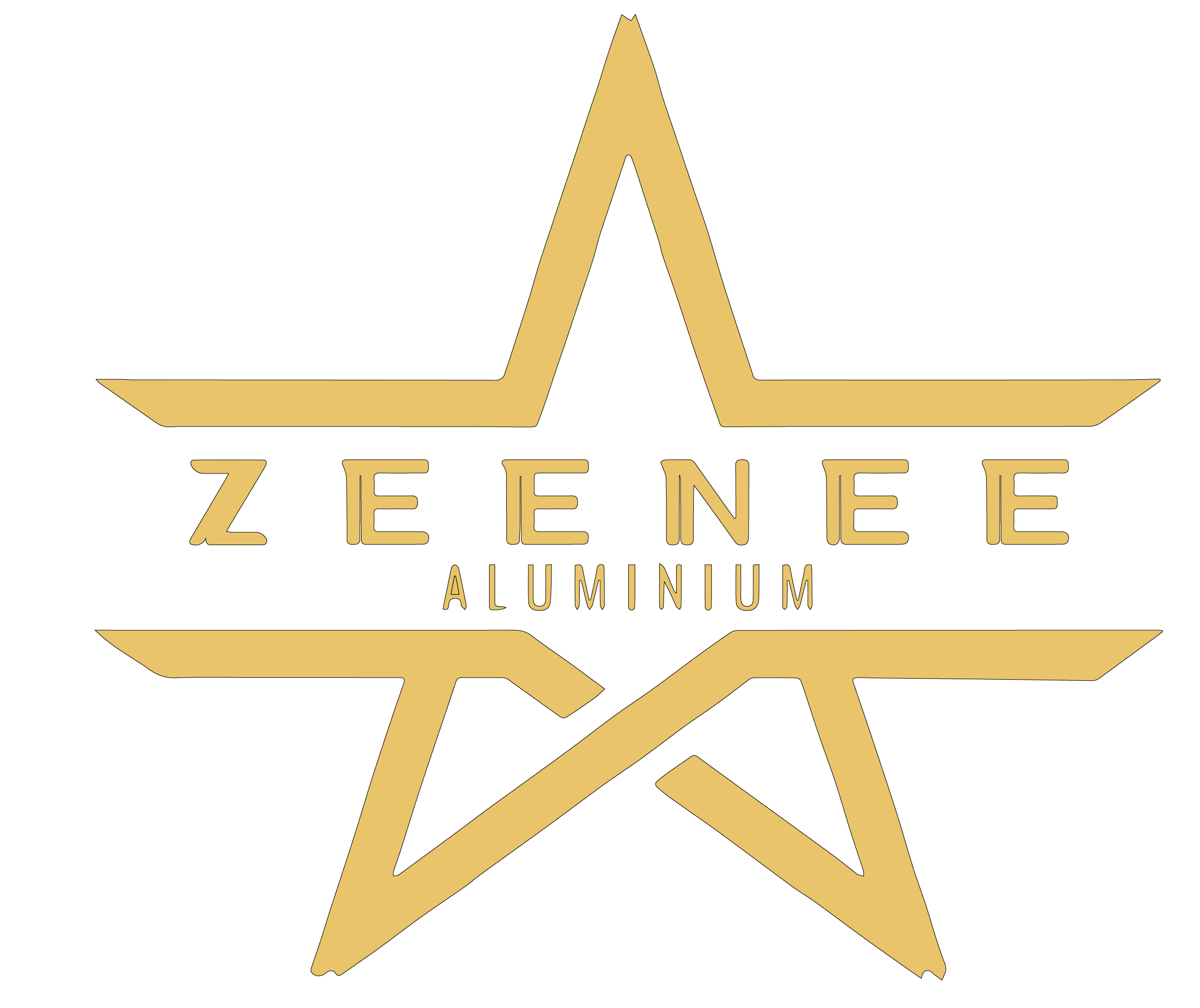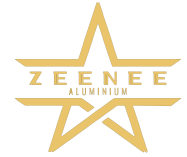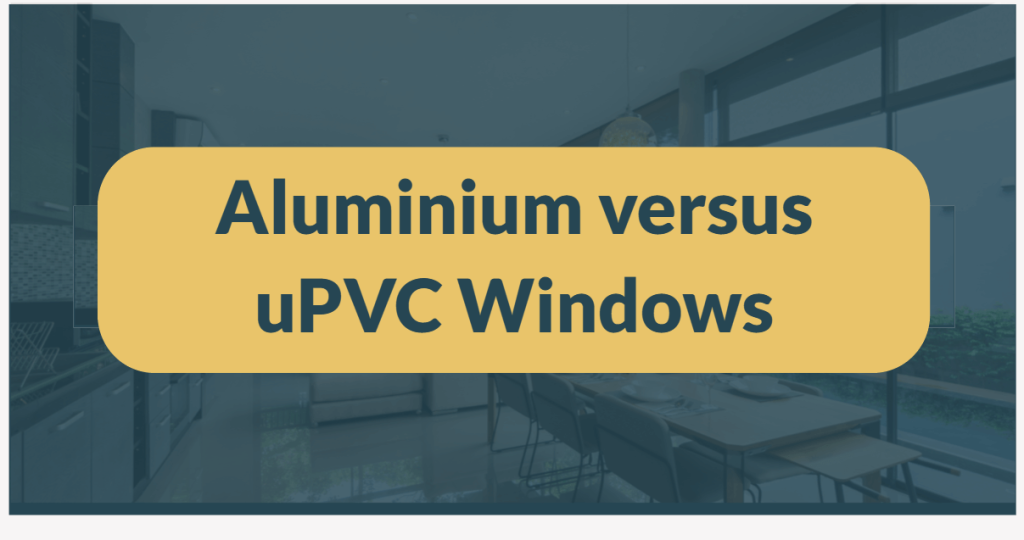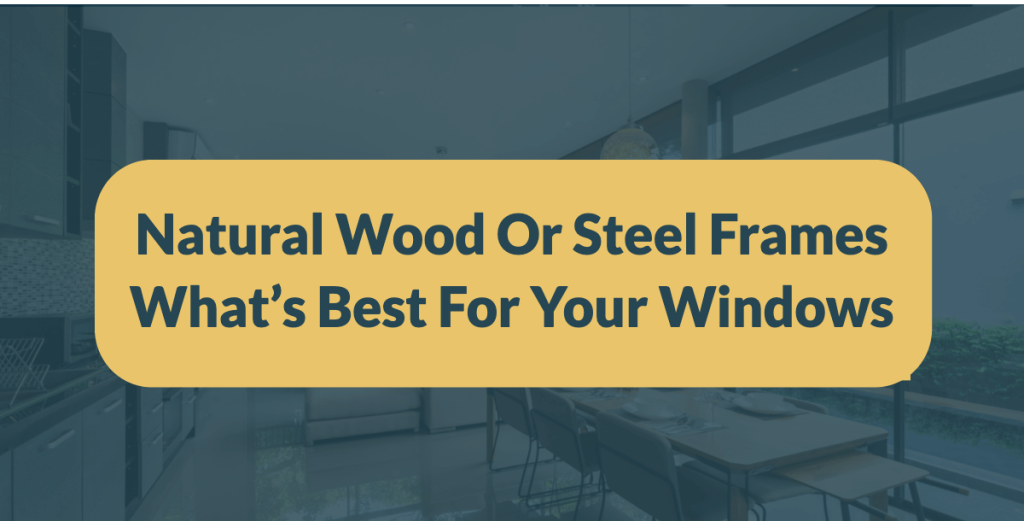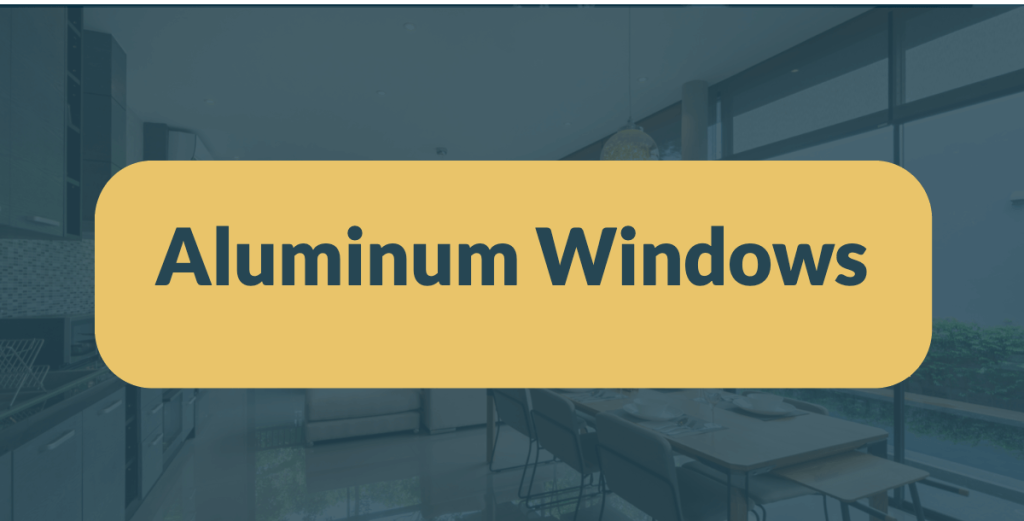When it comes to selecting new windows for your home, the choice between aluminium versus uPVC windows frames can be a significant decision. Each windows you choose comes with its own set of pros and cons, making it essential to weigh the advantages and disadvantages of uPVC or Aluminium windows. From the upvc windows cost installation to the durability of aluminium frames and the affordability of uPVC windows, making the right decision can significantly impact your property’s aesthetics and energy efficiency.
In this comprehensive guide, we’ll explore the key differences between uPVC and aluminium windows, helping you determine which windows are often the best fit for your home. So, whether you’re considering a new window installation or replacement, let’s dive into the comparison of aluminium frames and uPVC windows and doors to make an informed choice.
What are Aluminium Windows?
Aluminium windows are a type of window that is constructed using aluminium frames. Aluminium, a lightweight and durable material, is a popular choice for window frames due to its excellent strength and resistance to corrosion. These windows have gained immense popularity in recent years due to their sleek and modern aesthetics, making them a preferred choice for contemporary architectural designs.
One of the key features of aluminium windows is their versatility in design options. They are available in a wide range of styles, including casement, sliding, awning, and tilt-and-turn, offering homeowners the flexibility to choose the window type that best suits their preferences and requirements.
Aluminium windows are known for their exceptional durability, making them an ideal choice for various properties, including residential and commercial buildings. The robust nature of aluminium window frames ensures that these windows can withstand harsh weather conditions, such as strong winds and heavy rain, without compromising their structural integrity.
Another significant advantage of aluminium windows is their low maintenance requirements. Unlike other materials like timber, aluminium windows might not require frequent painting or sealing to maintain their appearance and performance. A simple routine cleaning with a damp cloth is sufficient to keep them looking as good as new.
In terms of energy efficiency, aluminium windows have made significant advancements over the years. With the incorporation of thermal break technology and energy-efficient glazing, modern aluminium windows can offer excellent insulation, helping to reduce heat loss and enhance overall energy efficiency in the home.
While aluminium windows have numerous benefits, it’s essential to consider their drawbacks as well. One of the main concerns with aluminium windows used to be their relatively poor thermal performance. However, with advancements in technology, this issue has been addressed, and high-quality aluminium windows now offer competitive thermal efficiency.
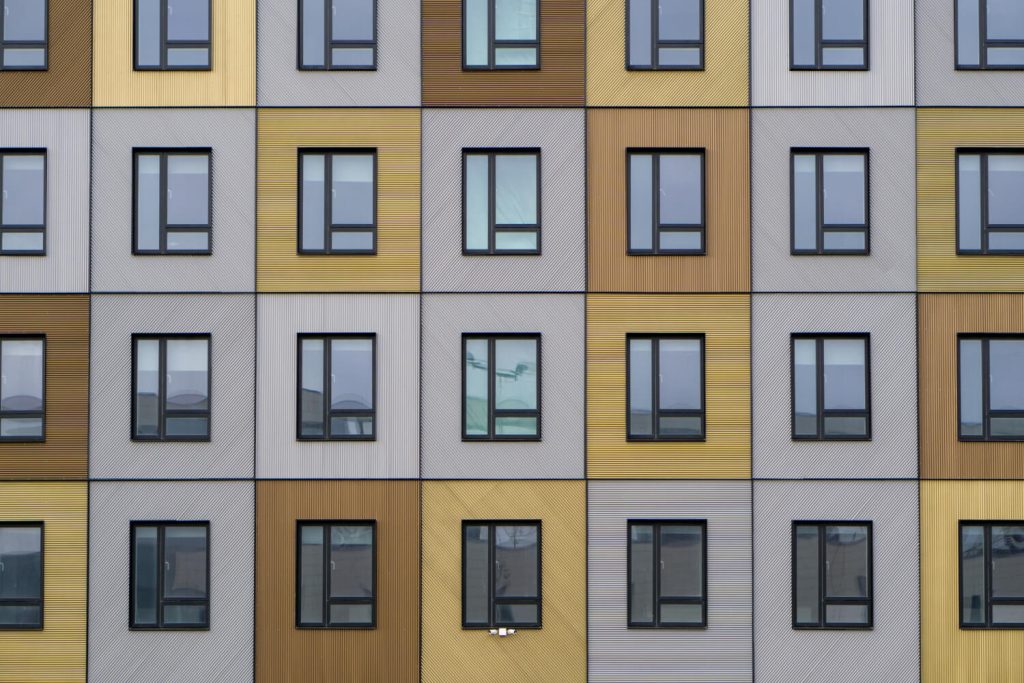
Benefits of Aluminium Windows
Aluminium windows are a popular choice among homeowners for several reasons. They are known for their exceptional strength, making them highly durable and long-lasting. Unlike timber windows, aluminium windows are not prone to warping or rotting, making them ideal for areas with harsh weather conditions. They are also available in a wide range of designs and styles, allowing you to customize them to match your home’s aesthetics perfectly. Additionally, aluminium windows are an eco-friendly choice, as they are highly recyclable, contributing to a greener environment.
What Are uPVC Windows?
uPVC windows, also known as unplasticized polyvinyl chloride windows, are a popular type of window widely used in modern construction. uPVC is a durable and low-maintenance material that offers excellent thermal insulation properties. These windows are made from rigid plastic, making them highly resistant to weather elements, rot, and corrosion. uPVC ones are cheaper than aluminium and are known for their affordability and come in various styles, including casement, sash, and tilt and turn, offering versatility to suit different architectural designs. Their energy-efficient features and ease of maintenance make them a practical choice for homeowners seeking cost-effective and durable windows.
Benefits of uPVC Windows
uPVC windows also come with a host of benefits. They are often more cost-effective than aluminium windows, making them a budget-friendly option for homeowners. Modern upvc windows are low-maintenance, requiring minimal upkeep and painting. They offer good thermal insulation, helping you save on energy bills and keep your home comfortable year-round. Additionally, uPVC windows are excellent for sound insulation, reducing outside noise and providing a quieter living environment.
uPVC versus Aluminium – Durability and Longevity
When it comes to durability, both upvc vs aluminium windows offer excellent performance. Aluminium windows are stronger than uPVC windows and can withstand impacts and extreme weather conditions better. They have a longer lifespan and are less likely to require replacement which is a disadvantage of upvc windows. On the other hand, uPVC windows have a reputation for being low-maintenance and long-lasting, making them a popular choice for homeowners seeking hassle-free and durable windows.
Aluminium versus uPVC Windows – Design Options and Aesthetics
For those who value design flexibility, both aluminium windows and upvc frames offer a wide range of options. Aluminium windows come in modern and sleek designs, providing a contemporary look to your home. On the other hand, uPVC casement windows are available in various styles, including casement, sash, and bay windows, offering traditional as well as modern aesthetics. It ultimately boils down to your preference and the architectural style of your property.
Energy Efficiency – Aluminium or Upvc windows
In terms of energy efficiency, uPVC make them have a slight edge over aluminium windows. The excellent thermal insulation properties of uPVC help in reducing heat loss and ensuring your home remains warm in winter and cool in summer. However, advancements in technology have enabled aluminium windows to improve their thermal performance, making them more energy-efficient than before.
Difference Between Aluminium and Upvc – Cost Considerations
Cost is an important factor for many homeowners when choosing windows. uPVC windows are generally more cost-effective than aluminium windows, making them a preferred choice for those on a budget. However, it’s essential to weigh the initial cost against the long-term benefits and durability of each material.
FAQs
What are the main differences between aluminium and uPVC windows?
The main differences between upvc windows and aluminium windows lie in their material composition, strength, aesthetics, thermal performance, and cost. Aluminium windows are stronger, more durable, and offer a sleek modern look, while uPVC windows are cost-effective, low-maintenance, and come in a variety of styles.
Which material is more energy-efficient, aluminium or uPVC?
uPVC windows are generally more energy-efficient due to their excellent thermal insulation properties, which help in retaining heat inside the home. However, advancements in technology have improved the thermal performance of aluminium windows, making them more energy-efficient than before.
Are aluminium windows more expensive than uPVC windows?
Yes, in general, aluminium windows are more expensive than uPVC windows. However, it’s essential to consider the long-term benefits and durability of aluminium windows, which may justify the higher initial investment.
Which material is better for sound insulation, aluminium or uPVC windows?
uPVC windows are known for their excellent sound insulation properties, which reduce outside noise and create a quieter living environment. While aluminium windows also offer good sound insulation, uPVC windows have a slight edge in this aspect.
Can I get custom-designed windows with both aluminium and uPVC materials?
Yes, bothupvc windows and aluminium windows can be custom-designed to match your specific requirements and preferences. Whether you want a modern and sleek design or a traditional style, both materials offer a range of design options.
How long do aluminium and uPVC windows typically last?
Although Aluminium windows have a longer lifespan compared to choosing uPVC, they are highly durable and can withstand impacts and weather conditions for many years. On the other hand, uPVC windows also have a good lifespan and are known for their low-maintenance properties.
Are aluminium and uPVC windows suitable for different types of properties?
Yes, both aluminium windows and upvc windows are suitable for various types of properties, including residential and commercial buildings. Their versatility in design and style options makes them compatible with different architectural styles.
Do aluminium and uPVC windows require much maintenance?
uPVC windows require minimal maintenance, as they do not require painting or sealing. They can be easily cleaned with a damp cloth. Aluminium windows are also low-maintenance, and occasional cleaning will keep them in good condition.
Are aluminium and uPVC windows environmentally friendly?
Aluminium is a highly recyclable material, making installing aluminium windows an eco-friendly choice. uPVC will last and are also recyclable but require specialized recycling processes. Both materials contribute to sustainability in different ways.
How do I decide between Aluminium vs uPVC windows for my home?
To make the best decision, consider factors such as your budget, design preferences, energy efficiency requirements, and desired durability. Consulting with a reputable window installer can help you explore the available options and choose the windows that best fit your specific needs.
Conclusion – uPVC vs Aluminium
The choice between aluminium and uPVC windows depends on various factors, including your budget, design preferences, energy efficiency requirements, and desired durability. Both materials offer their unique advantages and are suitable for different types of properties. Whether you opt for aluminium windows for their strength and modern aesthetics or uPVC windows for their cost-effectiveness and low maintenance, the decision ultimately comes down to what best fits your specific needs and preferences.
To make an informed choice, consider consulting with a reputable window installer to explore the available options and find the perfect windows for your property. Remember, investing in new windows is a long-term decision, so take your time to assess all aspects and choose the best replacement windows for your home.
